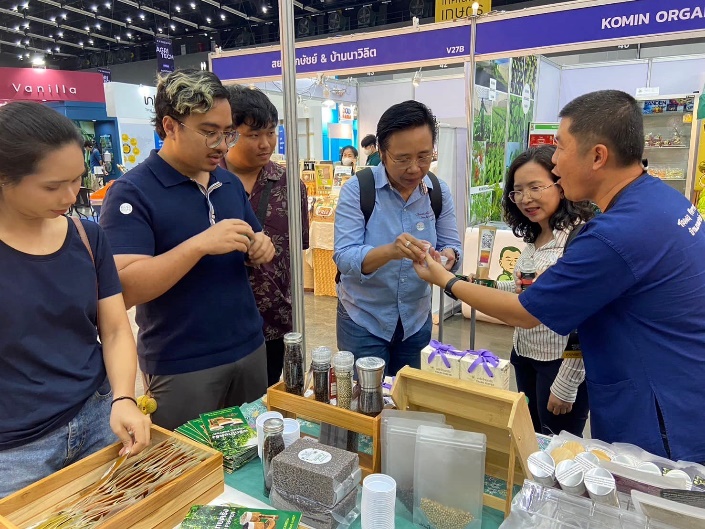Reporter:
Dr Lamun Kayurin
Mrs.Suchada Jeensuksang
Ms.ApitchayaLimpanapittayatorn
Mr.Varutcha Chanchampa
Mr.Panuwat Noonkong
Mr.Rachen Arkarod
Evidence date: 28-29 November 2023
Related to: 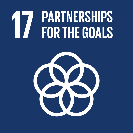
Indicator relate to: 17.1.1, 17.1.2
In 2023, RUTS collaborated with Universities Partnership for the goals of sustainable development around research relating to SDG 1 to 17. For example, RUTS in collaboration with The Camarines Sur Polytechnic Colleges (CSPC) and Polytechnic University of the Philippines (PUP) conducted the 3rd International Multidisciplinary Conference on Engineering and Technology, Education, Management and Development Studies (3rd IMCETEMDS) with the theme “Responsible Innovation: Bridging the Gap between Research Integrity and Emerging Technologies” on 28-29 November 2023 via Zoom Video Conferencing. The conference aimed to explore how a culture of responsibility can be cultivated to ensure that the benefits of emerging technologies are harnessed without compromising research integrity. Likewise, this conference will provide an academic platform for researchers, professionals, scholars, and academicians to present the latest research findings and describe emerging technologies and directions in Engineering and Technology, Education, Management, and Development Studies toward sustainable academic, industry, and community developments.
Asst. Prof. Tanakorn Inthasuth as lecturer in Telecommunication Engineering Programme, Faculty of Engineering was invited as Keynote Speaker on topic “Empowering Southern Thailand’s Sustainable Development: IoT and Wireless Innovations in Action”. The research indicated that IoT and Wireless technologies is driving significant innovation in sustainable development focusing on Energy Efficiency and Smart Grids as well as Agriculture and Food Security in Southern Thailand. Firstly, Smart Energy Management perspective, IoT devices monitor and control energy usage in real-time, optimizing power consumption. Smart grids powered by IoT enable better demand management, reducing energy waste. Secondly, Renewable Energy Integration perspective, IoT helps manage decentralised renewable energy sources like solar and wind, adjusting to energy supply and demand fluctuations to maintain a stable and efficient grid. Thirdly, Precision Agriculture, IoT sensors monitor soil moisture, weather conditions, and crop health, allowing famers to use resources more efficiently. This help in reducing water usage, optimising fertiliser application, and boosting crop yield. Finally, Supply Chain Management perspective, Wireless sensors track food from farm to market, reducing food waste, ensuring quality, and enhancing transparency in the supply chain. In conclusion, IoT and wireless technology plays a crucial role in achieving sustainable development goals, enabling data-driven decisions that maximize resource efficiency, reduce emissions, and enhance quality of life across the globe.
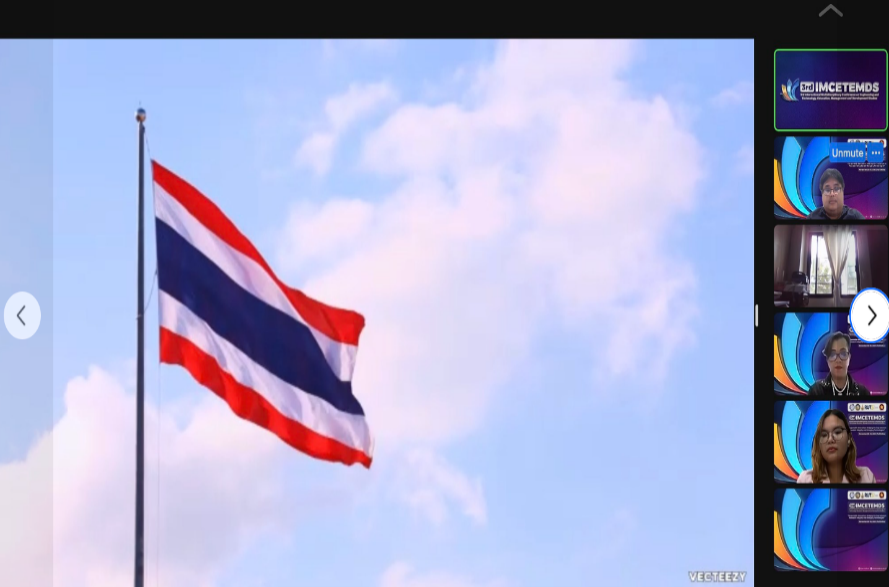
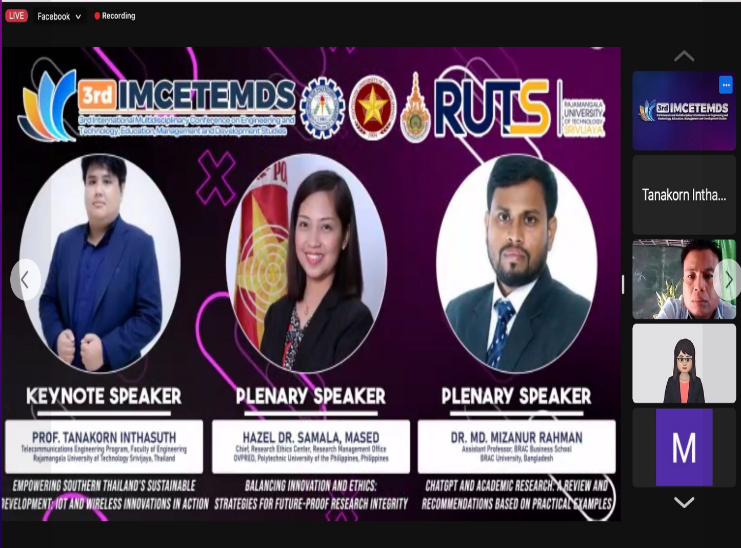
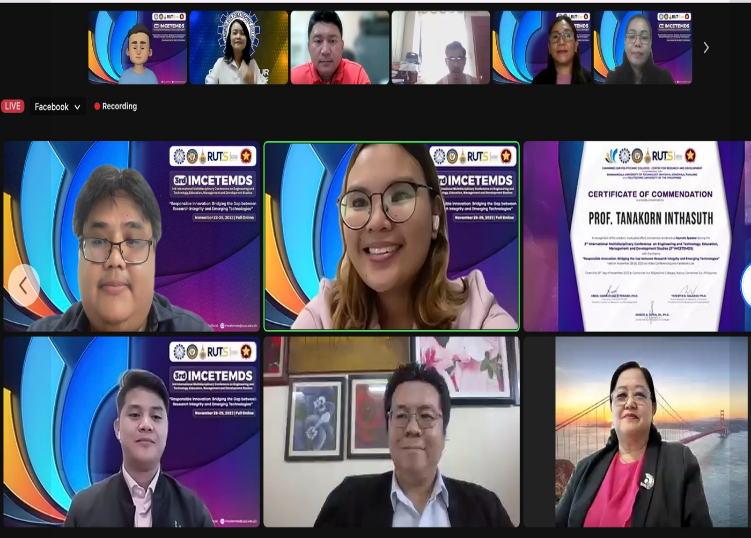
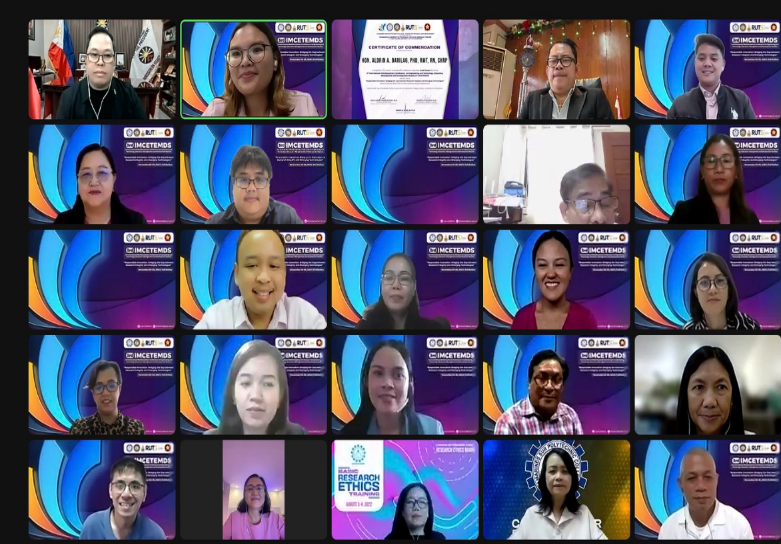
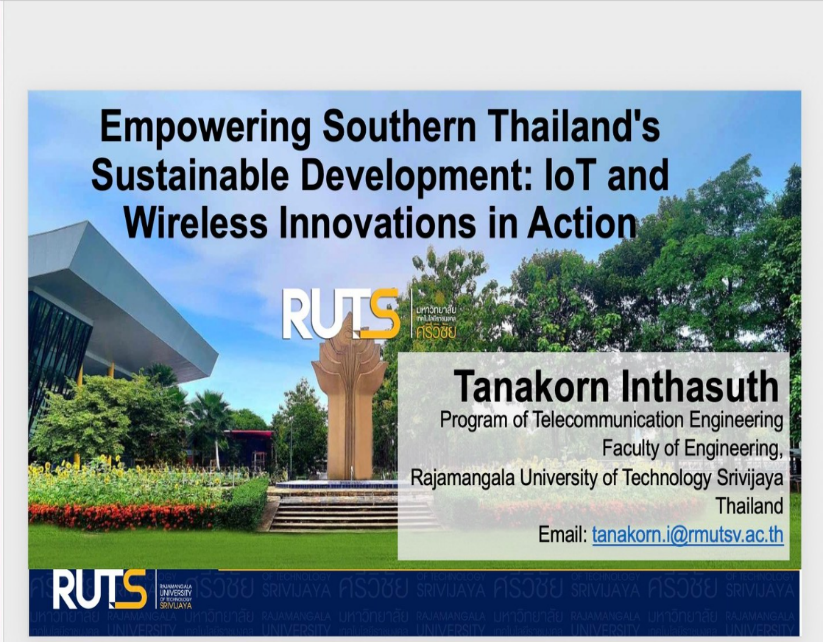
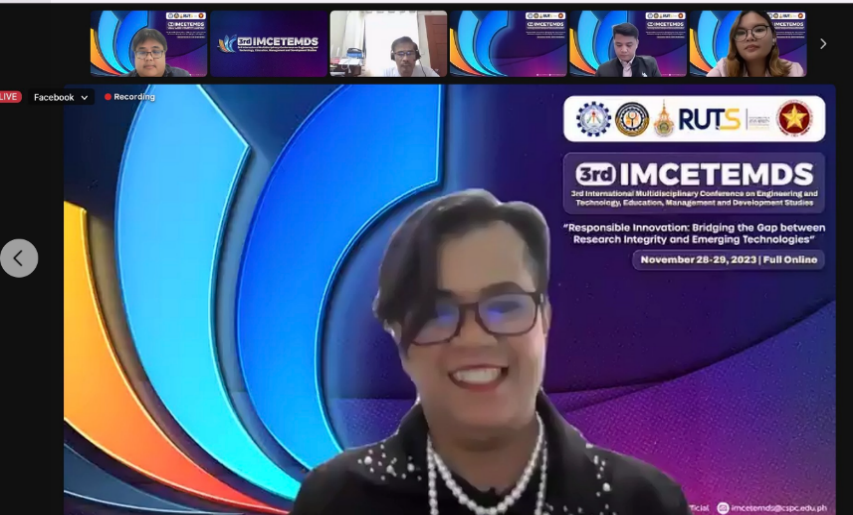
Related link:



